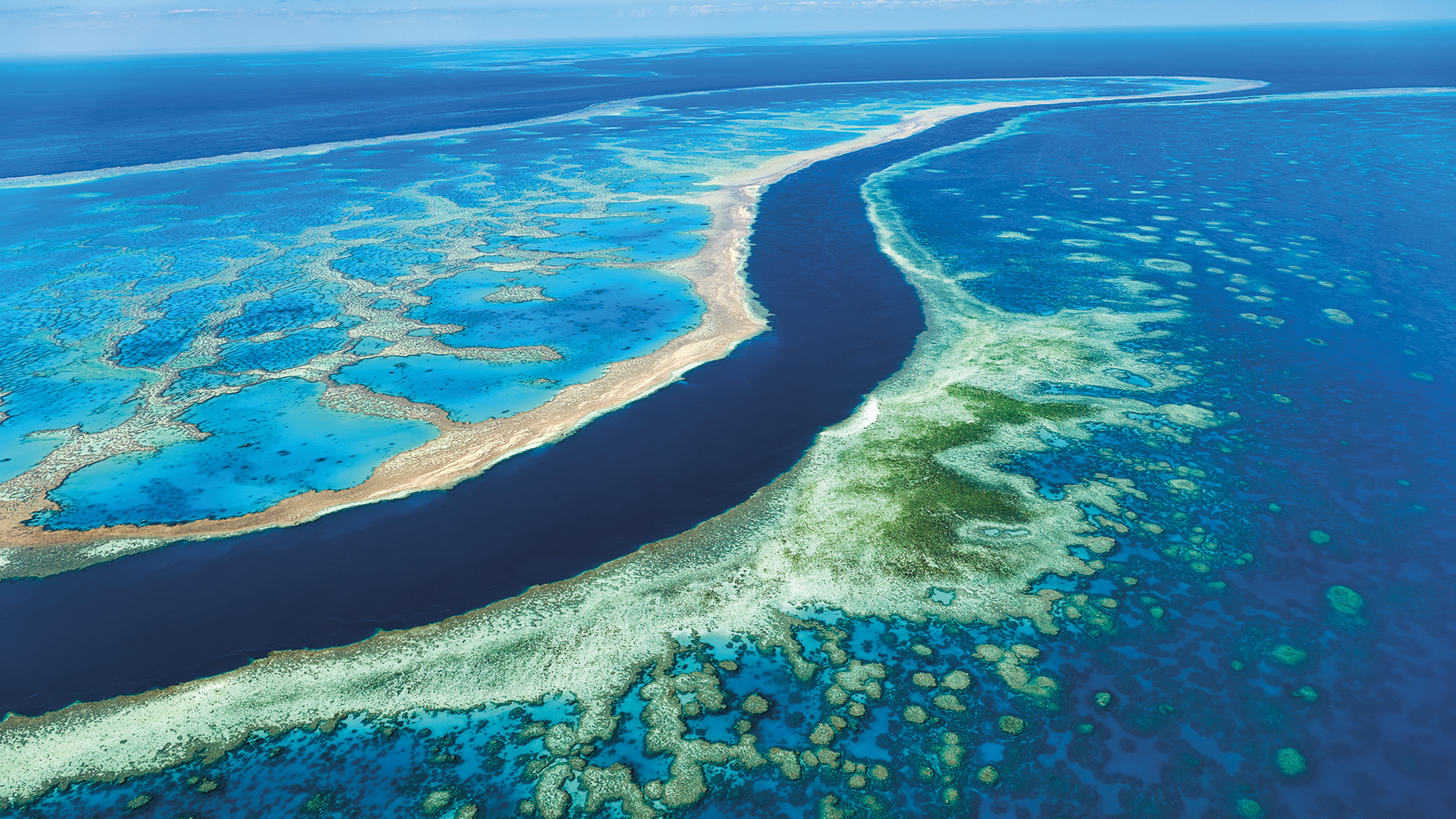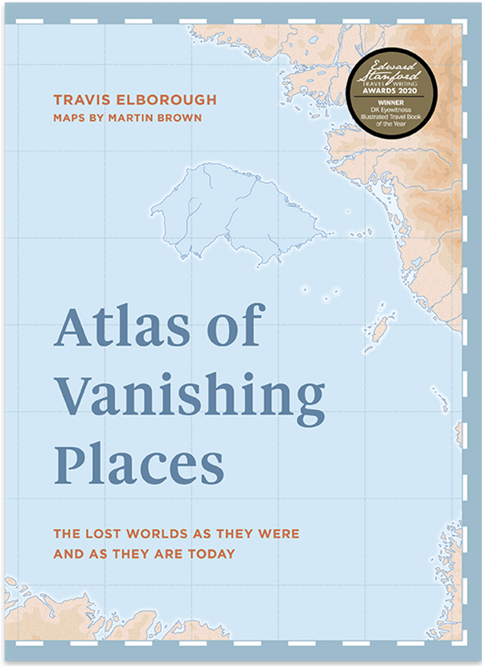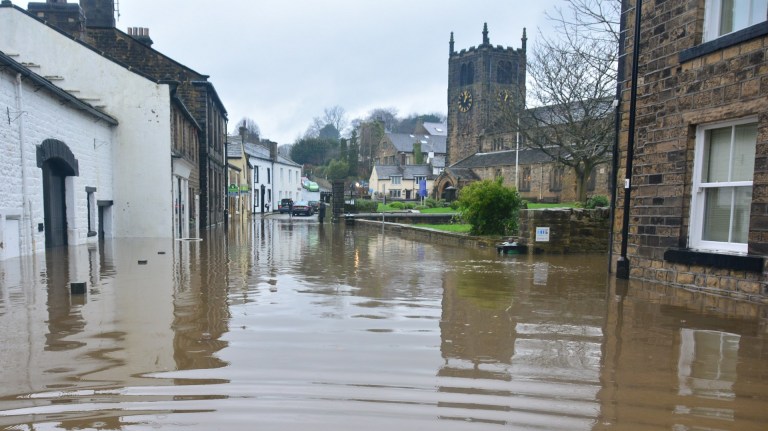As the first Europeans to reach the eastern shores of Terra Australis Incognita, the ‘Unknown Land of the South’, Captain James Cook and the crew of HM Bark Endeavour were to become abruptly acquainted with the Great Barrier Reef. Late on the evening of June 10, 1770, the Endeavour was sailing along the coast of Far North Queensland. The sea was tranquil, the path ahead was illuminated by the glow of a full moon, and nothing on the horizon gave an indication of an imminent catastrophe when, bang, the ship hit a submerged coral outcrop.
A fearful crunch of splintering timbers ensued, leaving in its wake a gaping hole in the underside of the ship and gallons of water from the Pacific Ocean rushing in. The crew rallied round and bailed the water out and finally managed to haul the stricken vessel ashore, where they would spend some seven weeks repairing it. They would, of course, meet the reef again many more times on this voyage, often encountering, as Cook recorded, a sheer “wall of coral rock rising almost perpendicular out the unfathomable ocean”. Here was a sublime thing, beautiful but horrifying, and potentially deadly to those in wooden boats attempting to navigate its more treacherous curlicues. Little wonder that when the mariner came to mark it on his ocean charts he labelled it “the labyrinth”, a word laden with rather sinister associations of imprisonment and getting hopelessly lost.
Cook was to give the western world its first descriptions of the reef, published in his 1773 book An Account of the Voyages Undertaken by Order of His Present Majesty for Making Discoveries in the Southern Hemisphere. But he could never have anticipated that we would prove far more deadly to it, than it to us. Rising sea temperatures, as a result of man-made climate change, have bleached the coral and starved it of the algae it feeds on. Large sections of the reef have been dying off at an alarming rate over the last decade and unless something is done to stem the warming, its future is uncertain.
The fate of the Great Barrier Reef is something I write about in my book Atlas of Vanishing Places, a gazetteer of sorts to places gone and going. One that ranges from lost cities from classical times such as Helike in Greece and Leptis Magna in Libya, to modern-day Skipsea in East Yorkshire, whose shoreline is fast being depleted by the ever-lapping waves of the North Sea, and the imperilled ecosystem of the swampy Florida Everglades.
The Italian writer Italo Calvino once wrote that maps presupposed the idea of a journey, since they are created to help us navigate the world and they promise to take us somewhere else. And yet one of the conundrums about my own atlas is that today it’s probably best that as few people as possible feel inspired to actually visit many of the places I chronicle. Compiling it certainly made me seriously question the price to the planet of my own wanderlust of old.
Researching such fallen cradles of civilisation as Petra in Jordan or Hattusa in Turkey, the capital of the once-mighty Hittite empire, cities that were wiped off the map entirely for centuries, brought home just how impermanent even the most self-assured of societies can be. The lighthouse at Alexandria, for example, was one of the seven wonders of the ancient world, a beacon that stood at the entrance of the harbour of this magnificent Egyptian metropolis for over 600 years. Yet it was destroyed at a stroke. And most likely by some cataclysmic natural disaster of a kind that are predicted only to become ever more frequent in the coming decades as our weather reaches new extremes.










